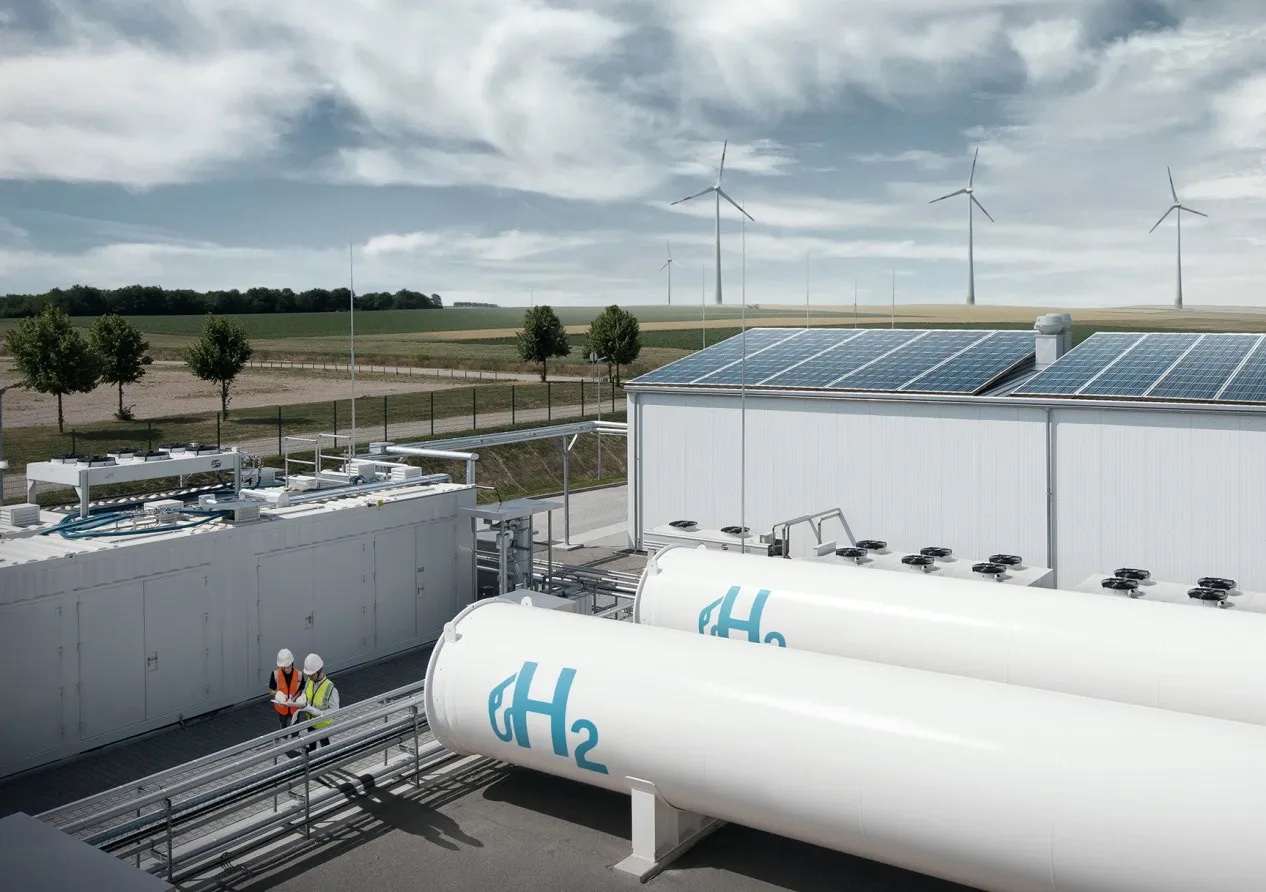
Are you a business looking to save money or reduce your carbon footprint? Have you heard about alternative fuels and want to take the plunge?
Alternative fuels are fuels that offer environmental and economic benefits such as lower emissions of carbon dioxide and other air pollutants, as well as energy savings and lower costs. There are different types of alternative fuels available, and these fuels are generally cleaner than fossil fuels and can help reduce greenhouse gas emissions. They can also provide economic advantages over fossil fuels due to their lower price and greater availability.
In this article, we explain the origins of this material as well as the existential benefits for businesses!
Alternative fuels can be produced from renewable sources such as the sun, wind and rivers. They can also be produced from non-renewable feedstocks, such as coal or oil. Regardless of the source, alternative fuels can contribute to energy security, combat climate change and reduce costs for consumers.
Low-carbon fuels are an attractive option for companies seeking a sustainable alternative to gasoline and diesel. These fuels consist primarily of biofuels, fuels produced from renewable sources such as biomass and ethanol, as well as liquefied or compressed natural gas fuels.
Alternative fuels can be used in internal combustion engines or in fuel cell engines. These engines offer greater efficiency and lower energy consumption, resulting in lower operating costs and reduced air emissions.
Alternative fuels can also be used to generate electricity and heat. Fuel cell engines, for example, can be used to generate electricity and heat from renewable fuels such as biogas or methane.
The benefits of using them are numerous and include reduced environmental impact, lower operating costs and greater efficiency.
More and more companies are looking for alternative fuels to power their operations, and hydrogen is an increasingly popular option. Using hydrogen as an alternative fuel can offer many benefits to a business, including cost, safety and the environment.
Cost is a major advantage for a company considering using hydrogen as a fuel. Hydrogen is generally cheaper to produce and use than traditional fossil fuels, which means businesses can save money on their energy bills. In addition, the cost of hydrogen can also be reduced through more efficient production technologies, which means businesses can save even more money
Safety is another benefit of businesses using hydrogen. Hydrogen is considered a very safe fuel and can be produced and stored safely. In addition, there is no risk of fire or explosion, making it a very safe fuel for businesses.
The environment is another benefit of using hydrogen. Hydrogen is a clean fuel and can be produced from renewable sources, which means there are no harmful emissions when using it. In addition, the use of hydrogen can help reduce greenhouse gas emissions and improve air quality.
In addition, alternative fuels can offer companies significant performance and cost advantages. Using hydrogen can be a way for companies to reduce costs and help conserve natural resources. Hydrogen is a renewable fuel that can be produced from renewable sources, which means businesses can reduce their costs and lower their carbon footprint.





